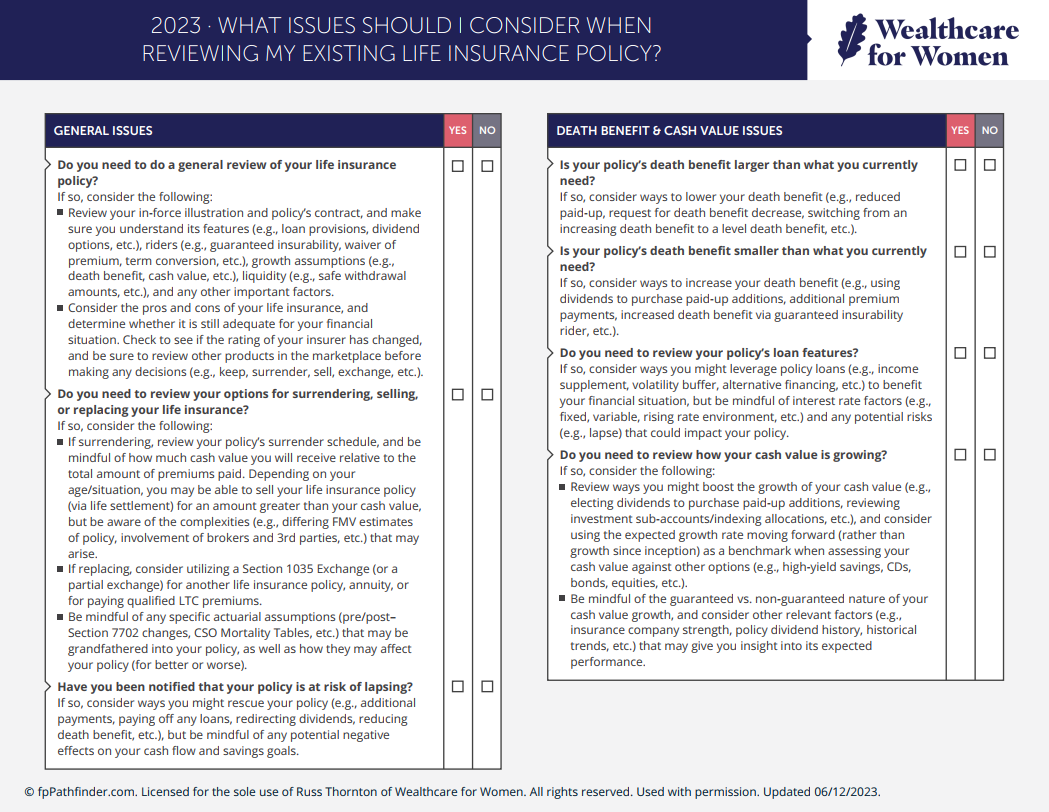Good morning to all you Shiny, Happy People,
These days it’s easy to get distracted.
To lose focus.
To forget where we’re going. What we were just reading. Or what we were talking about.
And our values, goals, and priorities can quickly become blurry.
Or forgotten.
We all have personal distraction devices in our pockets or purses in the form of our phones.
Between TV and social media, it’s a challenge to avoid what passes as “news” these days, most of which is a distraction. Or worse…
When it comes to your money, things aren’t any easier.
In fact, we often act somthing like Dug the dog from the movie “Up”:
And while I don’t have a cure-all for these distractions (which I also have to battle), I do have a couple of suggestions:
Your phone and its apps are engineered to capture and hold your attention. One of the ways this is accomplished is through the use of color. So I recommend you try literally removing the color from your phone for a day or two and see if it helps. Here are instructions on how to “grayscale” your phone. And once you know the settings it’s easy to switch back and forth, so give it a go and let me know what you think.
Much of our news (again, using that word loosely) comes from social media and its endless “feed” of information. If you’d like to keep the social aspects of social media but get rid of the feed, check out the “news feed eradicator” which is a browser extension for Chrome.
As for more traditional news sources, I invite you to simply turn it off. Or delete the apps from your device. Much like investment performance, the “news” has already happened and there isn’t anything to be done about it now. I’ve heard CNN referred to as the “crisis news network” and while FoxNews and other outlets aren’t any better, just remember that you can choose to opt-out.
When it comes to your money - which is just a reflection of your hopes, dreams, fears, anxieties, and other feelings and emotions - distractions are the rule and not the exception. As I’ve written about recently, putting things on autopilot and removing yourself as much as possible from ongoing money decisions is a great first step to make your finances more distraction-proof.
But you can also create a simple - yet effective - and boring investment portfolio. A portfolio that requires much less “care and feeding” and one that you can essentially set and forget. Something like this.
And if you’ve read any of my writing before, I’m sure this will come as no surprise, but having a pre-planned strategy goes a long way to helping you ignore the inevitable distractions you’ll face. This doesn’t imply your financial plan needs to be perfect. There’s no such thing! Instead, you need a direction to go based on your personal situation, needs, wants, values, and priorities. And when life happens, you can make small tweaks and adjustments to your plan as needed along the way. Think about getting in the car for a road trip… you know where you want to go, but having no map or GPS will make your trip unnecessarily challenging and you’ll have no clue when (or if) you’ll reach your destination.
One final - but common - distraction I encounter when discussing money with folks like you is our desire to know how we stack up against others. We often want to compare how we’re doing with others in our age group, industry, stage of life, etc. And this is dangerous territory, my friends. Personal finance is “personal” and we need to remember this. If your neighbor or brother-in-law or someone else always seems to have the latest and coolest stuff (devices, cars, etc.), you might naturally wonder how they can afford it. And the truth is, maybe they can’t. Or maybe they inherited a truckload of money from an uncle. Or… who knows. In this instance, while often easier said than done, in my opinion and experience it’s best to focus on your situation and the things within your control. Don’t unconsciously take on others’ goals as your own.
And while I’m clearly biased 😉 it can also be helpful to have an objective third party (like a friendly financial advisor) help you look at your money decisions with a little more detachment and fewer distractions.
So here’s to avoiding shiny objects and the desire to “chase squirrels” whether with your phone, the information you’re consuming, or your retirement planning.
Let me know which, if any, of the above you find most helpful.
Links & things
Social Security Benefits
I was on a Zoom call with a client a few days ago, and she brought up a topic around which there seems to be a lot of confusion. Specfically, what happens to your Social Security retirement benefits if you retire early but don’t start your benefits until several years later? Does your benefit amount decrease? How are you benefits calculated? This short AARP article does a nice job of explaining things:
Life Insurance Policy Review
Here’s a helpful checklist about the issues you should consider when you’re reviewing a life insurance policy:
Thank You!
I’m grateful to have you as a reader.
If you have any questions or an idea for a future newsletter, blog post, or YouTube video, I'd love your input.
Just hit reply - I read (and truly appreciate) every email you send.
Until next Wednesday,
Russ




